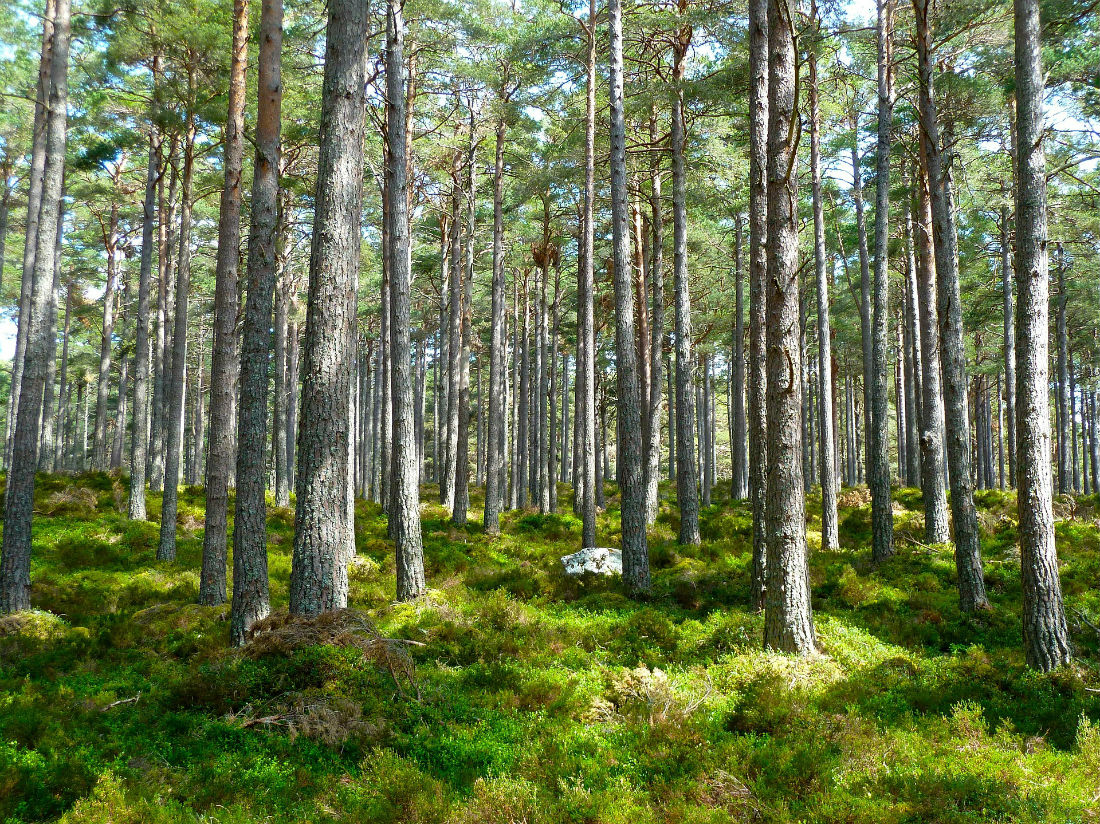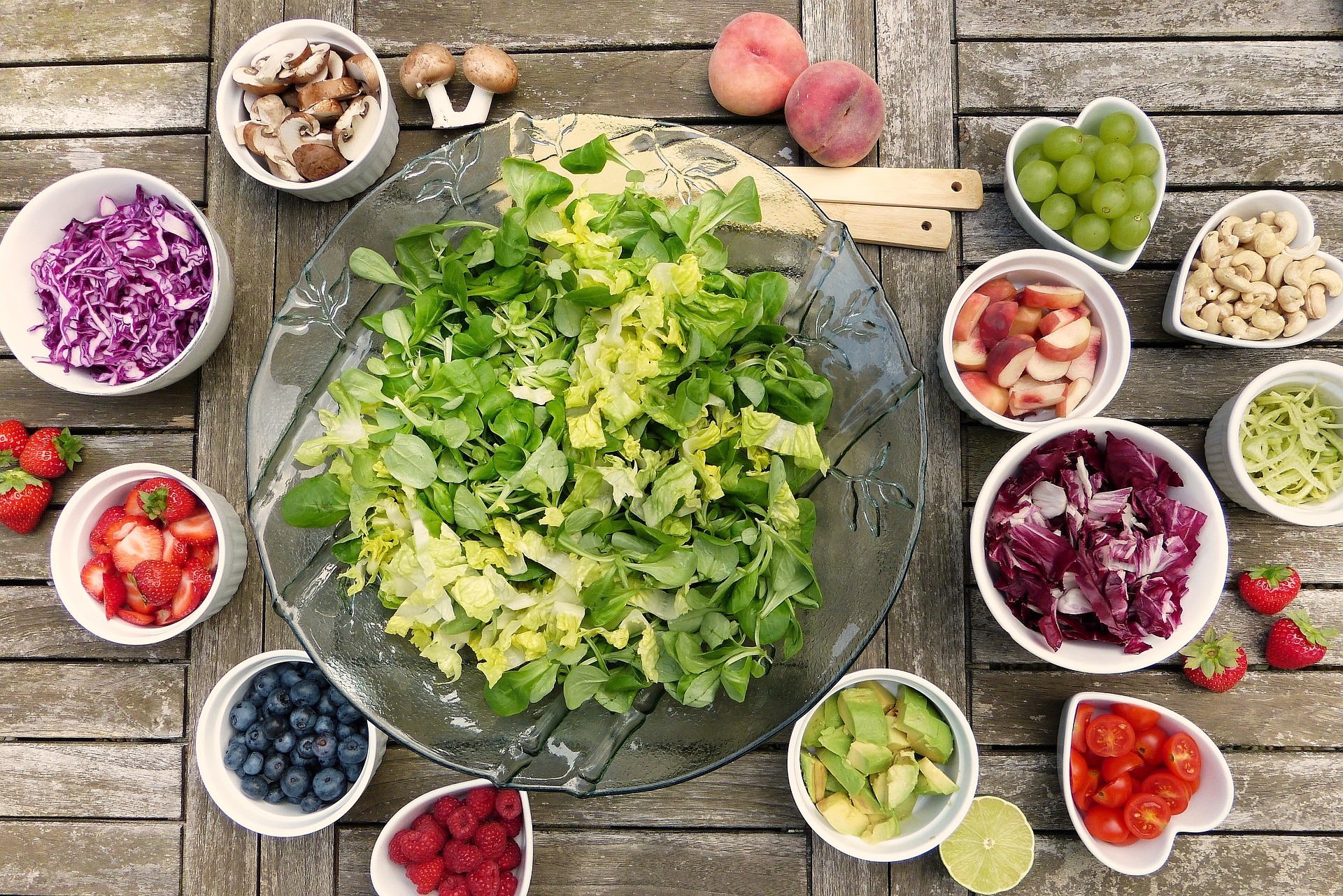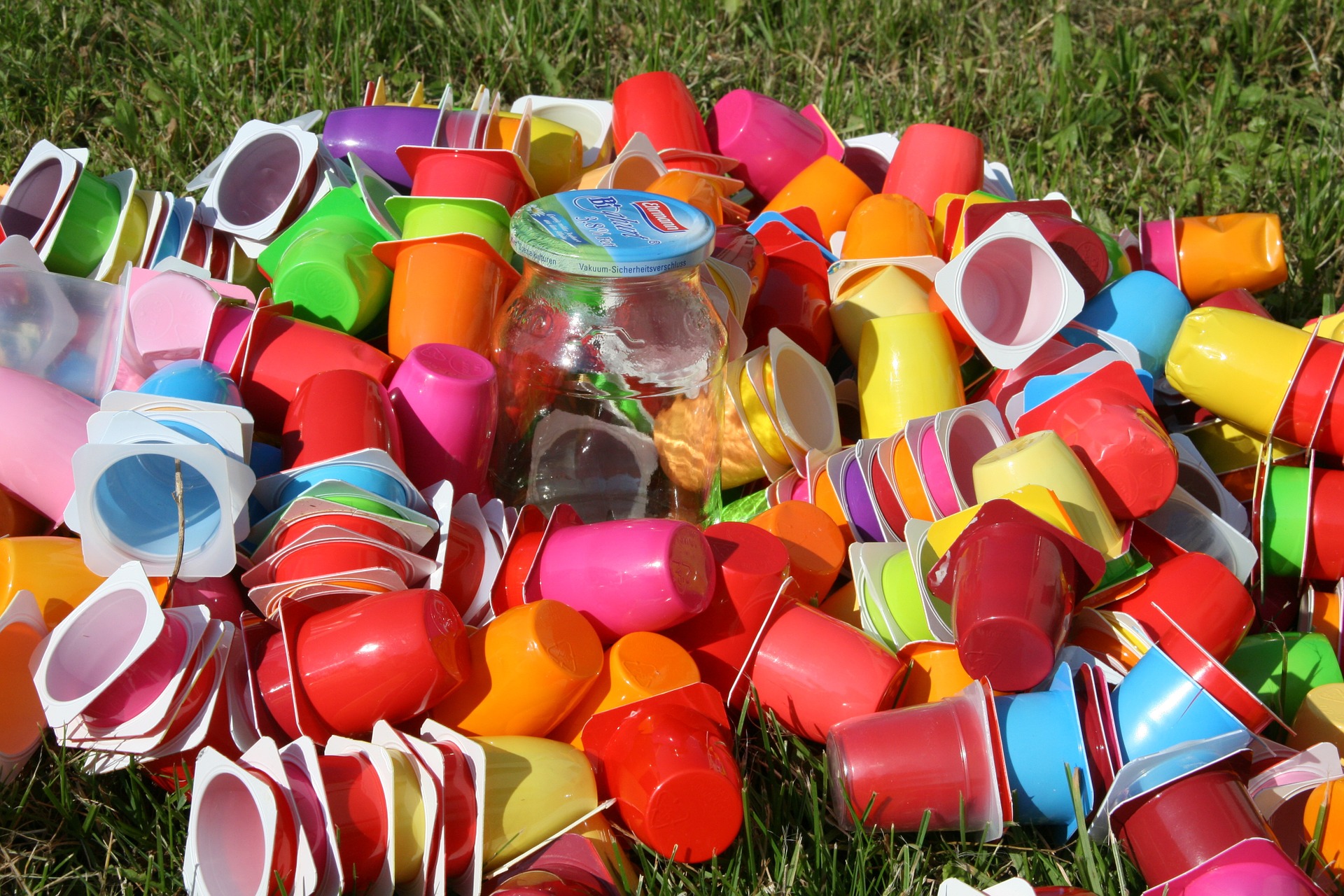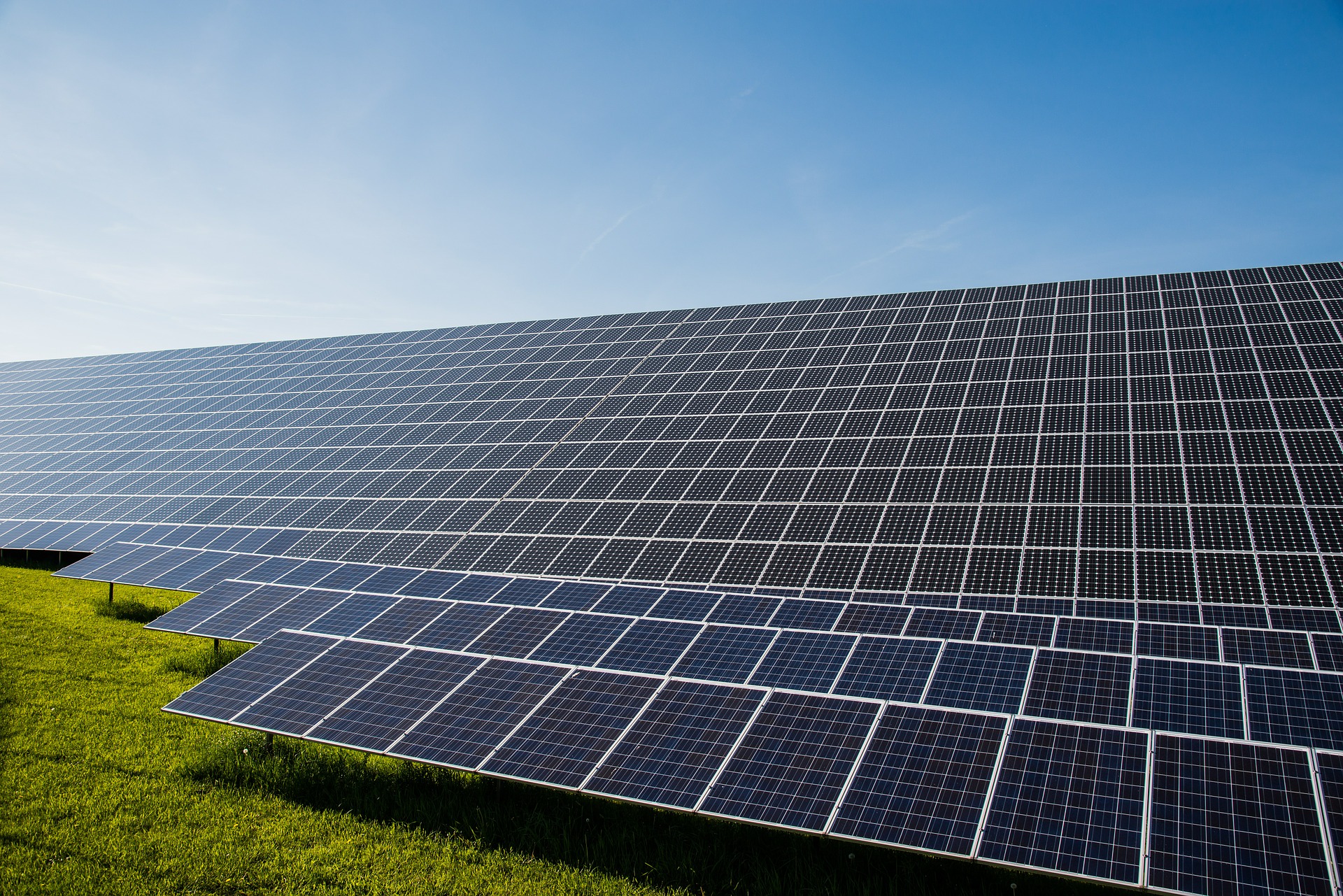As it becomes more and more of a buzzword, we break down what living sustainably really means.

We can't wait to see which other brands join the movement soon.
By the summer of 2019, we all know we should be living a more sustainable lifestyle. We’re opting for brands with recyclable packaging as we shop, we’re switching out our single-use plastic bottles for chic metal alternatives and some of us are even ordering the vegetarian option instead of its carnivores alternative once a week. But sustainability is – while the former shouldn’t be underestimated – more than just buying into different products that might sit a little lighter on our conscience. What are these consumer choices really contributing too?
At its very core, sustainability means being able to remain or be maintained at a certain level. The scales of what’s coming in and what’s going out need to be balanced, in other words. If we ran a marathon without having fueled our bodies with food and water beforehand, trying to burn energy by running a race would be unsustainable, for example. The results could, in fact, be catastrophic.
And the same applies to the planet. When it comes to the environment, we as humans are using resources at a much quicker rate than we’re renewing or replacing them. Worse still, many of these energy sources and materials are not replaceable at all. To add insult to injury, these practises are often harmful beyond repair to the planet and its atmosphere.
Let’s look at plastic, for example. Not only are many plastic items only used once, but it’s a non-biodegradable material. Meaning single-use plastic bottles last for years in the environment, realising harmful toxins within that time and causing damage to the wildlife.
Elsewhere, many countries contribute massively to food waste. Not only is this upsetting in the most basic consideration that food hasn’t gone to use when so many people are starving, but it’s also a waste of the water used to grow that food, the fossil fuels burnt to transport it, and the energy used to keep food items fresh. Making sustainable choices, therefore, would reduce this level of output and ensure resources aren’t being used at a rate where they can’t be replaced.
And the same goes for our fashion and beauty industry – sustainability is about making smarter choices with materials and manufacturing methods to feed into the system as well as take from it.
Of course, protecting the environment is just one strand of sustainability. There’s also economically and social sustainability. The former works on preserving capital over a period of time while the latter refers to maintaining the peace and order of humanity.
But back to the top, the easiest way we as individuals can contribute to environmental sustainability is via the products we buy and the decisions we make. From opting to invest in forward-thinking fashion brands that consider their carbon footprint to cutting out meat from our diets – animal agriculture is responsible for more greenhouse gases than all the world’s transportation systems combined – these seemingly small decisions can have a big impact. Or if you’re in the position to make big decisions, that could mean running an energy-efficient office or investing in initiatives that give back in the areas your company might take from.
So what does a sustainable world look like? It’s a world where we only chop down as many trees as we grow per year, and homes and buildings are intelligently designed to be energy efficient. It’s a world where the burning of atmosphere-destroying fossil fuels is minimal and where recyclable materials are favoured while others are significantly reduced or eliminated.
READ: Prada Is Launching A Sustainable Fine Jewellery Collection
READ: High-End Fashion Brands Making Steps Towards Sustainability



















